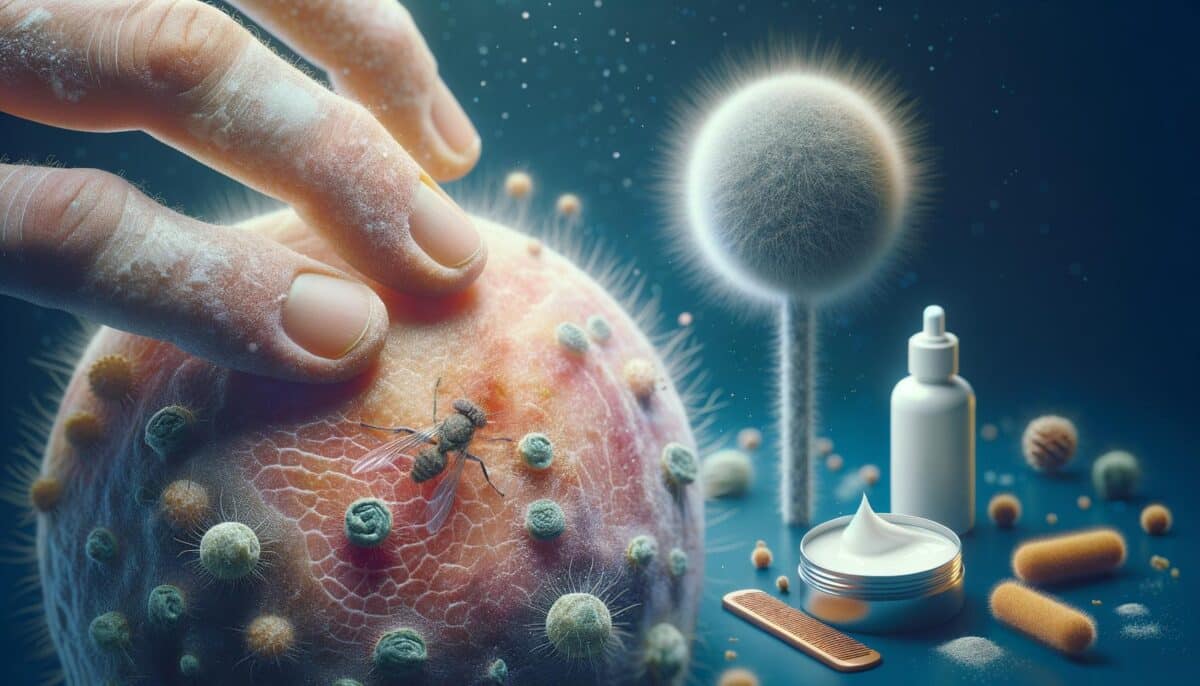Understanding Itchy Skin
Itchy skin, also medically referred to as pruritus, is a common condition that many people experience at various stages in their lives. While it may seem like a minor annoyance, itchy skin can be incredibly distracting and can disrupt day-to-day activities. It’s important to understand the underlying causes of itchy skin to effectively manage and treat it. Common causes include dry skin, allergies, insect bites, and skin conditions such as eczema or psoriasis.
Common Symptoms
The symptoms of itchy skin can vary depending on its underlying cause. Generally, however, you may experience:
- Redness or rash on the skin
- Dry or cracked skin
- Small bumps or blisters
- Thickened or leathery skin
- An intense urge to scratch the affected area
Recognizing these symptoms early can help you seek timely advice and treatments, ensuring comfort and relief from itch-related discomfort.
Effective Remedies and Treatments
Treating itchy skin often begins with home remedies and topical treatments that offer relief and maintain skin moisture. Consider the following approaches:
- Moisturizing regularly with fragrance-free creams or lotions
- Taking cool showers and using mild soaps
- Applying anti-itch creams containing menthol or calamine
- Using a humidifier at home to offset dry air
For those seeking great deals on itchy skin cure, some products are renowned for their effectiveness, providing much-needed comfort to many users.
Understanding When to See a Doctor
While many cases of itchy skin can be managed at home, it’s crucial to understand when to seek professional advice. Persistent itching that lasts for more than two weeks, especially if it’s accompanied by other symptoms such as fever or unexplained weight loss, should prompt a visit to a healthcare provider. Additionally, if the itching is so severe that it significantly interrupts your sleep or daily life, medical intervention might be necessary.
Exploring Long-term Management
Long-term management of itchy skin requires understanding and addressing its root cause. For chronic conditions like eczema or psoriasis, regular check-ups and a comprehensive treatment plan may be necessary. Lifestyle adjustments such as wearing loose-fitting clothing, avoiding known allergens, and maintaining a balanced diet can also promote skin health and prevent future flare-ups. Keeping abreast of new research and treatments can also offer insights into managing symptoms more effectively and ensuring comfort over time.
Conclusion
Itchy skin, while often manageable through home remedies, sometimes requires professional medical attention to address underlying issues. By recognizing symptoms early and adopting preventative measures, you can significantly reduce the discomfort associated with this condition. Remember, for those seeking a greater sense of relief, exploring great deals on itchy skin cure products may offer you both comfort and peace of mind, allowing you to enjoy your days without the distraction of persistent itchiness.
